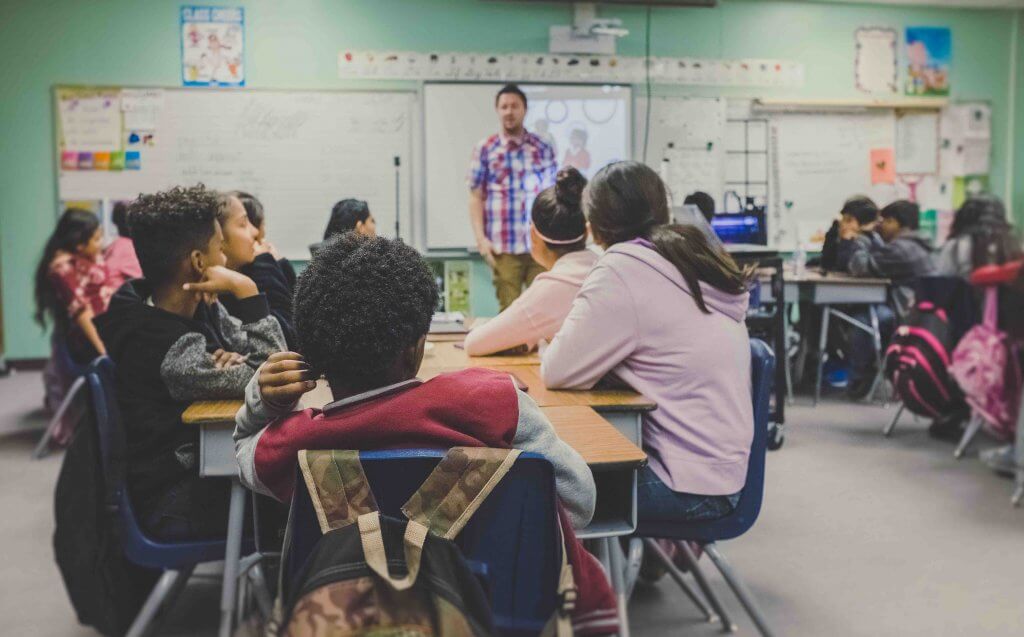Teacher Suspended for Religious Discussion with Students
November 22nd, 2019

A high school teacher in North Carolina was recently suspended for splitting students up based on religious beliefs. School officials are currently investigating whether the Spanish teacher engaged in conversations with students about whether or not they believed in God. Officials became aware of the teacher’s behavior after students and their parents reported the incident to the school.
The teacher is reported to have told the pupils that if any of them commented on the incident, she would not recommend them for any jobs or entrance to college. Some reports have also commented that the teacher was additionally asking the students about their perspectives on LGBTQ rights. A superintendent for the school has since referred to the event as unfortunate and communicated that it is never appropriate for teachers to engage in this type of conversation with students.
Common Concerns Regarding Religion in Public Schools
The incident prompted school officials to send an email to all teachers at the school reminding them to respect the privacy rights of students. The email particularly noted that under federal law, legal restrictions prevent pupils from being required to answer questions about things like religious beliefs or sexual orientation.
While this teacher might have been suspended, it is lawful to teach about religion in public schools provided that a teacher does so in a neutral and secular manner, but many factors must be carefully considered regarding the teaching of religion in the classroom. For example, teachers should consider the following issues carefully:
- Students, especially those in elementary school, are particularly susceptible to religious teachings. As a result, teachers must make sure to avoid making students feel as if personal beliefs are being brought into question.
- If teachers do discuss religion, they must take great care to discuss both majority as well as minority religions. This way students with minority religions do not end up feeling ostracized or disregarded.
- Teachers must always avoid making students feel as if they are being put on the spot to either explain or defend their religious views. Students in these situations often feel uncomfortable.
- Teachers who plan on teaching about religion should make sure to obtain accurate and detailed information about the belief systems. If necessary, teachers should even participate in special training about religion.
- Not all students have a religion and some are raised with no religious faith. Consequently, teachers must avoid discussions with students that endorse religious beliefs over non-religious ones.
Separation of Church and State
Many of the regulations and limits placed on the role that religion is allowed to have in public schools come directly from the United States Constitution. Each year, however, several cases still test the exact boundaries of these regulations. By reading the Universal Life Church’s blog, you can stay up to date with the most noteworthy of these cases.


